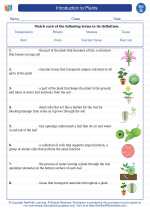Introduction to Plants -> dispersal
Dispersal in Ecology
Dispersal in ecology refers to the movement of individuals or seeds from their original location to another location. This process plays a crucial role in the distribution of species and their ability to colonize new habitats. Dispersal can occur through various means, including wind, water, animals, and even human activities.
Types of Dispersal
- Wind Dispersal: Some plants and seeds have adaptations that allow them to be carried by the wind, such as feathery structures or parachutes that help them float through the air.
- Water Dispersal: Seeds and small organisms can be dispersed by water, either by floating on the surface or by being carried within the bodies of aquatic animals.
- Animal Dispersal: Some plants rely on animals to disperse their seeds, either by attaching to fur or feathers, or by being eaten and then excreted in a new location.
- Human Dispersal: Human activities, such as agriculture and urban development, can also inadvertently disperse species to new areas.
Importance of Dispersal
Dispersal is important for the survival and evolution of species. It allows them to escape competition, find new resources, and colonize new habitats. It also contributes to the genetic diversity of populations, as individuals from different locations may have different genetic traits.
Study Guide
To understand dispersal in ecology, it's important to consider the following key points:
- Identify the different mechanisms of dispersal, including wind, water, animals, and human activities.
- Examine the adaptations that enable plants and animals to disperse to new locations.
- Understand the ecological implications of dispersal, such as its role in species distribution and genetic diversity.
- Explore real-life examples of dispersal in different ecosystems and the impact of human activities on dispersal patterns.
- Consider the ethical and conservation implications of human-induced dispersal and its impact on native species.
By grasping these concepts, you can develop a comprehensive understanding of dispersal in ecology and its significance in the natural world.
.◂Science Worksheets and Study Guides Seventh Grade. Introduction to Plants
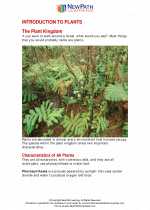
 Worksheet/Answer key
Worksheet/Answer key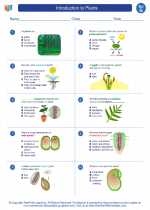
 Worksheet/Answer key
Worksheet/Answer key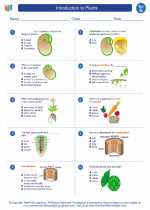
 Worksheet/Answer key
Worksheet/Answer key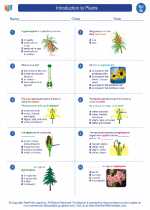
 Worksheet/Answer key
Worksheet/Answer key
 Vocabulary/Answer key
Vocabulary/Answer key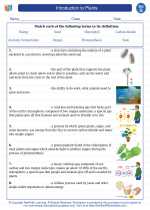
 Vocabulary/Answer key
Vocabulary/Answer key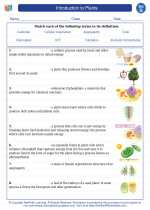
 Vocabulary/Answer key
Vocabulary/Answer key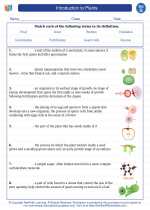
 Vocabulary/Answer key
Vocabulary/Answer key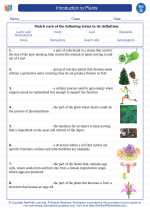
 Vocabulary/Answer key
Vocabulary/Answer key